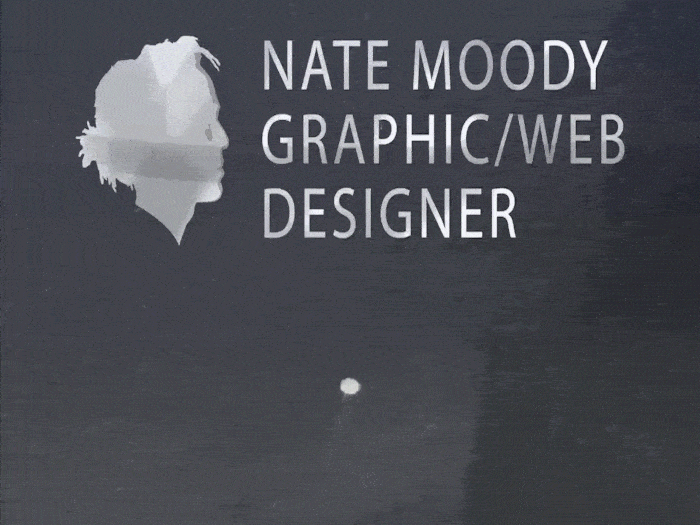



I’m Nathanael Moody — a multidisciplinary designer and technical developer specializing in digital experiences that fuse animation, interaction, and storytelling. From teaching motion design at California State University, Fullerton to crafting systems-level mods for Cyberpunk 2077, I bring both artistic intuition and technical fluency to every project. This portfolio is a reflection of my journey through creative problem-solving, experimentation, and continuous learning.
Demonstration of a first-person 900-degree steering animation system built entirely in Unreal Engine.
This project showcases a custom 900-degree steering animation system, developed using Unreal Engine’s Blueprint system and animation graphs. I set out to create a driving experience that was both immersive and mechanically responsive in first-person view. By designing dynamic blend spaces, layered hand animations, and player-driven inputs, I engineered a fluid system that adjusts seamlessly in real time. The process deepened my understanding of animation logic, optimization, and interaction design in Unreal.
Practice Makes Perfect is a custom Cyberpunk 2077 mod that transforms the original boxing tutorial into a fully replayable quest. Built entirely with WolvenKit and ArchiveXL , the mod includes:
Custom
.questphase
logic for looping quest structure.
Custom journal entries, UI prompts, and map markers.
Spawn logic, NPC state tracking, and updated scene animations.
REDmod-compatible file structure for modular updates.
These features were designed to mirror native game behavior while introducing modularity and replayability. This project deepened my understanding of RPG quest systems, data-driven scripting, and save-state persistence.
Demo showcasing modular quest behavior in Practice Makes Perfect.
Building on the popular Inside the NCART Station mod by tidusMD, I developed an enhanced version focused on system stability and developer usability. My contribution included a modular architecture, advanced error handling using
pcall()
, and real-time debugging via ImGui overlays. I also introduced features like teleportation logic, glitch-style visual effects, and performance-aware Cron throttling. This project reflects my approach to immersive game systems through clean architecture and player-focused UX.
Inside Station is a powerful and versatile mod for Cyberpunk 2077 that enhances in-game station interactions, teleportation mechanics, and overall user experience. Built with modularity and robustness in mind, this mod ensures seamless integration and provides developers with a solid foundation for future enhancements.
The complete features I've added in this update include:
Modular Architecture: Organized into distinct modules for easy maintenance and scalability.
Robust Error Handling: Utilizes
pcall()
for safe module loading, preventing runtime crashes.
Enhanced Logging System: Comprehensive logging with multiple severity levels (Info, Debug, Error, Critical) to facilitate debugging and monitoring.
Proximity Detection: Detects player proximity to train stations, enabling context-sensitive features like teleportation and UI updates.
Teleportation Mechanics: Seamless teleportation functionality within stations, reducing load times and enhancing immersion.
Visual Effects: Optional glitch effects during fast travel to enrich visual feedback.
Configurable Activation Radius: Easily adjustable radius for proximity-based features to suit player preferences.
Debugging Tools: Integrated ImGui interface for real-time debugging and visualization of in-game elements.
Performance Optimization: Throttled Cron tasks to ensure minimal performance impact when inactive.
I built a modular shopping cart application, using the the C programming language, that parses an inventory file, generates dynamic receipts, and logs transactions through automated file naming. The system allows users to select items, confirm quantities, and receive instant total calculations — outputting files like
receipt.txt
,
receipt1.txt
, and so on. I completed the tool in under a week, which led to a guest lecture where I shared the design and scripting approach with students.
I successfully completed the development of this shopping cart program, including the advanced functionality, within an impressively short timeframe of just one week. This achievement led to an opportunity where I had the privilege of delivering a lecture to the class, sharing the innovative method I had developed. You can watch a video clip of my lecture below.
Lecture clip from CSUF’s CPSC 223C course, where I shared insights on file I/O and logic in C during a live demo of my receipt generator tool.
More programs I have developed can be found at the GitHub link below.